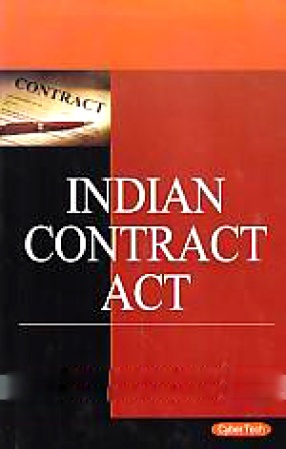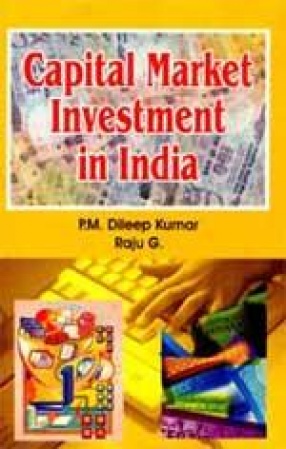The traditions of District Administration have come to contemporary India from the British Raj. The British Raj had inherited some of the institutions from the Mughal Rule in India. The district is composed of Tehsils or Taluka with some variations in different states. During the British days-the Deputy Commissioner of the district was the most powerful officer and he was responsible for the maintenance of law and order. With the attainment of freedom, the District Administration has been vested with the most onerous task of implementing the Five Year Plans. The District Administration thus has become the hub of activity for the welfare state. All these aspects have been discussed in these volumes in there historical, political and sociological dimensions. The author has taken the help of the Planning Commission of India, the Indian Institute of Public Administration, the Central Secretariat Library and other institutions who have contributed a great deal in the collection of the material and its proper arrangement.
Inventory Management
$21.38
$22.50





There are no reviews yet.